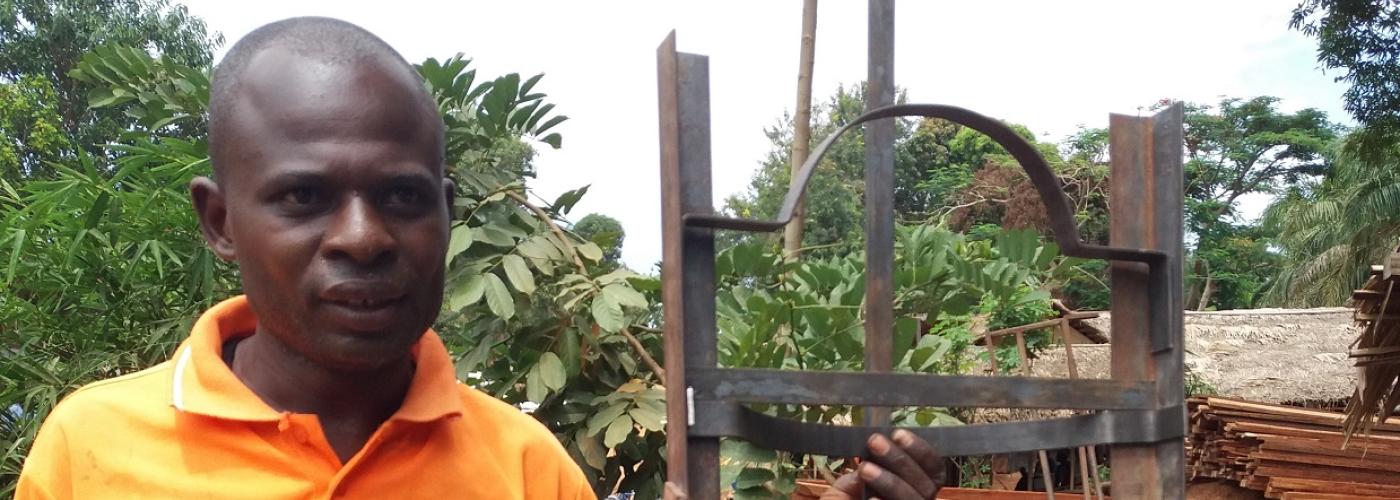General information
Title
SIA - Program "Feed Good Uganda" for sustainable food systems and a healthy environment
ID
XM-DAC-2-10-7527
CRS ID
2022007527
Start date
End date
Activity status
Implementation
Budget
€1.426.873
Actor
NGO Iles de Paix
Country
UGANDA
Sector
Multisector - Food security policy and administrative management
Policy markers
Nutrition 1
Gender 1
Desertification 1
Biodiversity 1
Climate: Mitigation 1
Climate: Adaptation 1
Environment 1
Good Governance 1
Trade Development 1
Aid type
Core support to NGOs, other private bodies, PPPs and research institutes
Priority partner country
Yes
Fragile state
Yes
Least developed country
Yes
Budgetline
54 20 356072 NGO Programs
Finance type
GRANT
Tied status
No
Flow type
ODA
Body
General
In Uganda, the commitment of the program's target actors to the co-construction of sustainable food systems and a healthy environment is strengthened. There is now a scientific consensus on the need for a radical change in our food systems to ensure food and nutritional security for all and to achieve the SDGs while preserving the environment (IAASTD, IPES-Food, IPBES, UN TEEBAgriFood, ...).
Agroecological transition is one of the major ways of radically transforming food systems, as recommended by the Committee on Word Food Security (HLPE 2020 report).
Indeed, agroecological principles emphasize the right to food and the active participation of vulnerable groups and women in food strategies, they promote regenerative practices and insist on diversity and resilience in the whole food system.
In Uganda, the NGOs Iles de Paix and SOS Faim are committed to this approach. They combine their efforts to improve farmers and other social economic actors’ living conditions, in particular young people and women through strategies that support the food systems’ agroecological transition carried out by the same farmers and social economic actors with the support of citizens and the involvement of local and national authorities. The systemic approach adopted in the ToC of the programme allows to take into account the contexts in which the target groups evolve so that they can actively participate in the sustainable construction of their food system.


